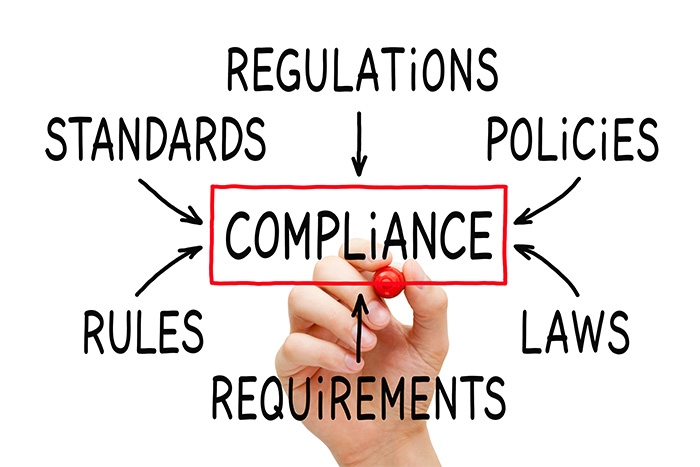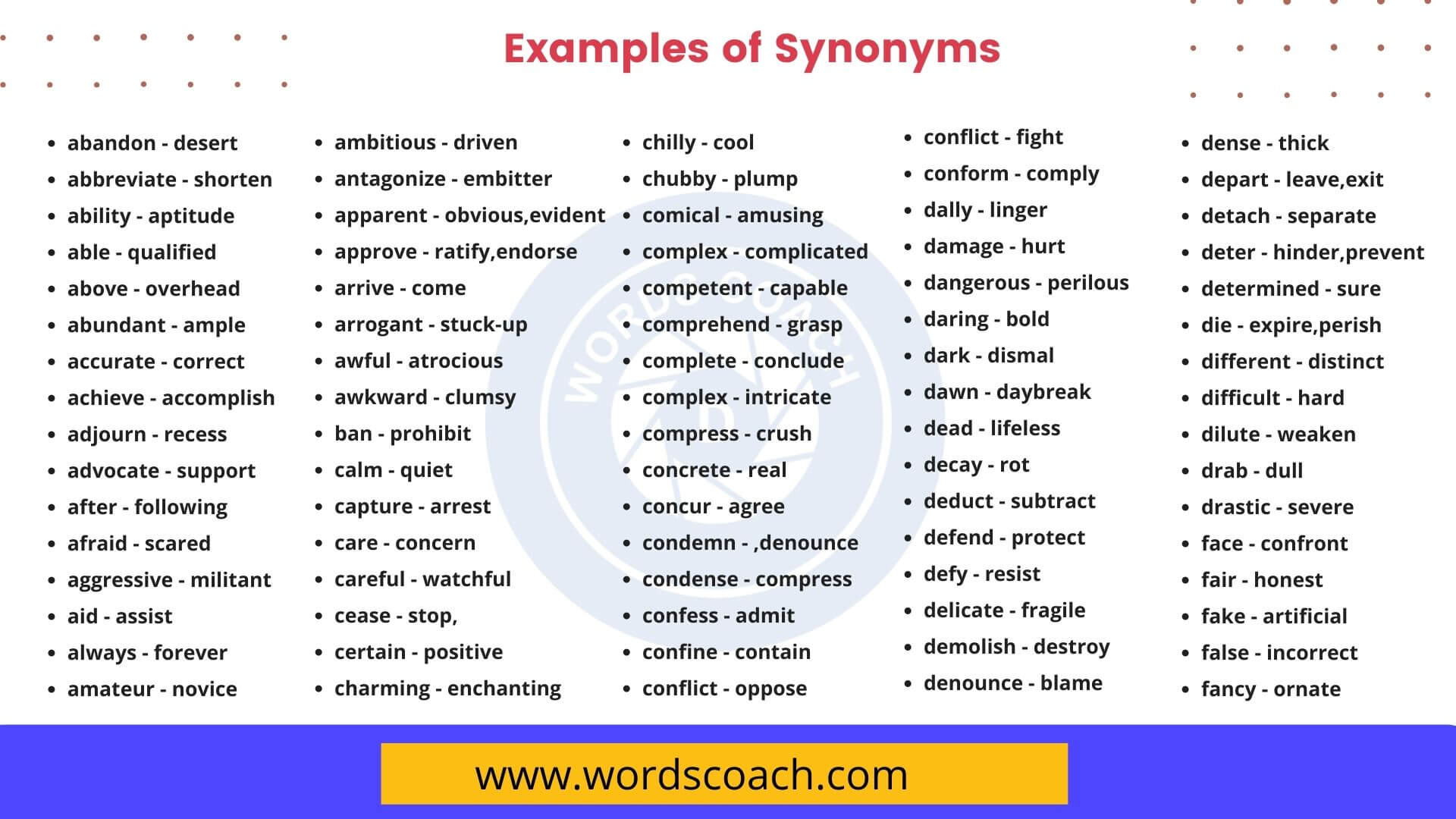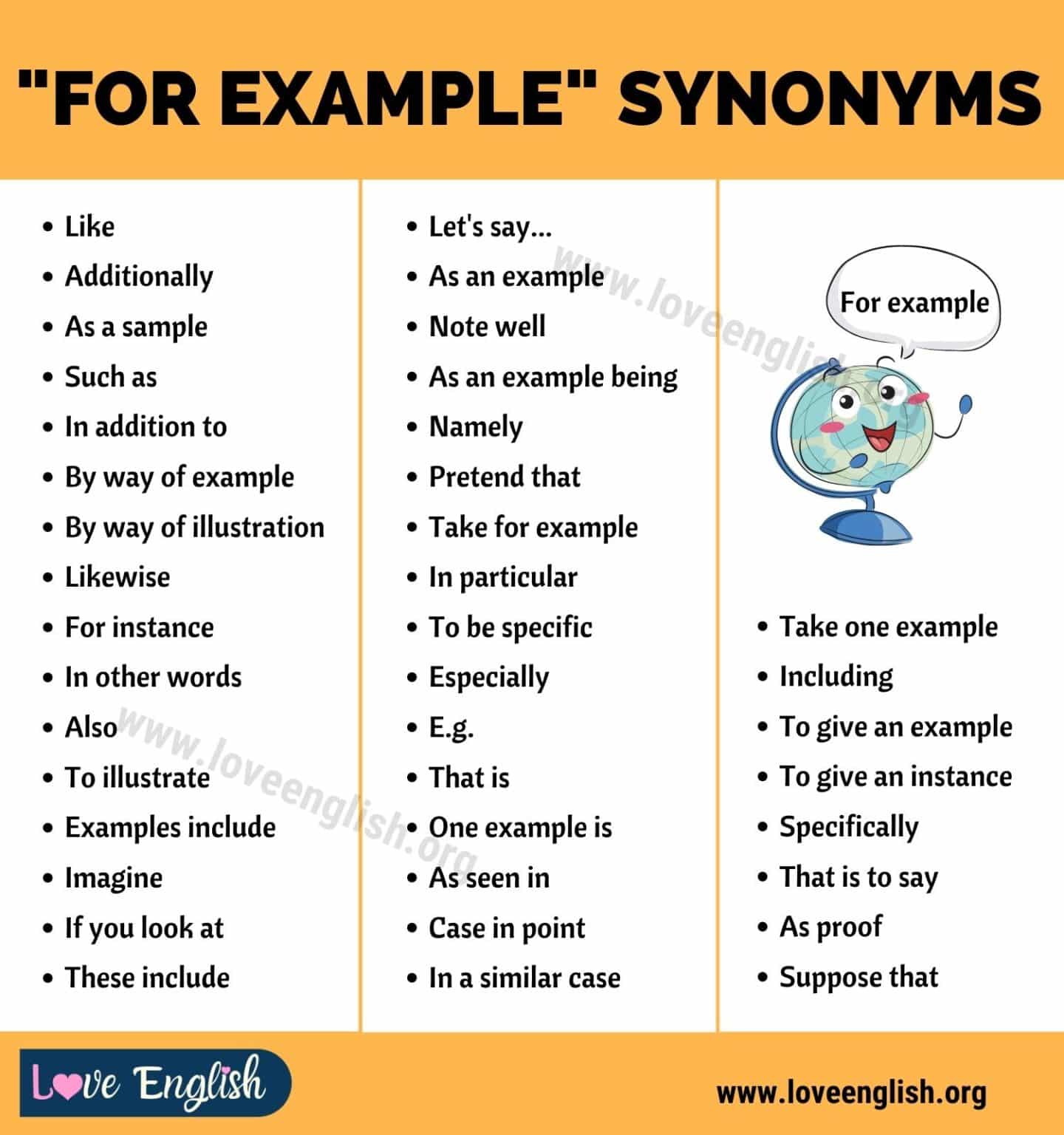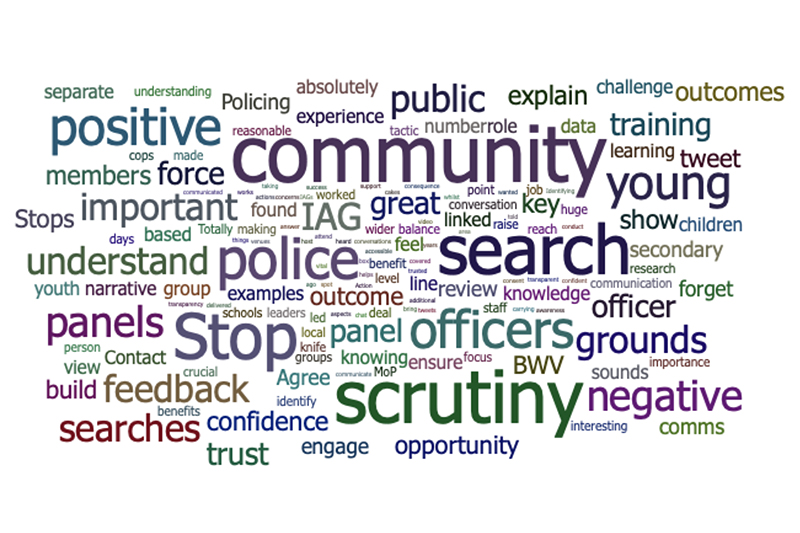What Is Another Word For Scrutiny

Imagine a sculptor, hand hovering, eyes narrowed, carefully circling a block of marble. They're not just looking; they're assessing, evaluating every line, every potential flaw. This meticulous examination, this deliberate quest for perfection or truth, echoes a process we all encounter, both personally and professionally. But what if we could describe it with a word that felt less…clinical? Less like a sterile lab and more like a gentle, yet focused, observation?
At its core, the quest for an alternative to the word "scrutiny" is a quest for nuance. We seek words that capture the essence of careful examination without the inherently negative connotations that "scrutiny" often carries. This article will delve into a collection of words that can be used in place of "scrutiny," exploring their unique shades of meaning and contexts in which they shine.
The Weight of Scrutiny
The word "scrutiny," derived from the Latin "scrutinium," meaning "a search" or "inquiry," has become almost synonymous with intense criticism. It often implies a search for flaws, errors, or wrongdoing. Consequently, its use can feel adversarial, immediately putting the subject on the defensive.
Think of a politician facing media scrutiny after a controversial statement or a company undergoing regulatory scrutiny after a product recall. The word conjures images of harsh lights, aggressive questioning, and a high likelihood of negative outcomes.
But what if the examination is intended to be constructive, supportive, or simply thorough? That's where the need for alternative vocabulary becomes apparent.
A Spectrum of Synonyms
Fortunately, the English language offers a rich tapestry of words that capture the spirit of careful examination without the negative baggage. These alternatives emphasize different aspects of the process, allowing for a more tailored and nuanced expression.
Inspection
Inspection suggests a more formal and structured examination, often with the goal of ensuring compliance or adherence to standards. Think of a building inspection before a sale or a food safety inspection at a restaurant.
It's about checking against a predetermined set of criteria. It focuses on objective assessment rather than subjective judgment.
Review
Review implies a thoughtful consideration of something, often with the aim of providing feedback or making improvements. A performance review, a book review, or a policy review all suggest a process of evaluation and reflection.
It is often constructive and forward-looking, focusing on learning and growth.
Assessment
Assessment focuses on evaluating the value, quality, or importance of something. A risk assessment, a skills assessment, or a market assessment are all examples of this.
It aims to provide a comprehensive understanding of the subject's strengths and weaknesses.
Examination
Similar to scrutiny in its original meaning, examination suggests a detailed and careful investigation. It can be used in various contexts, from medical examinations to the examination of evidence in a legal case.
It's a neutral term, focusing on the process of inquiry rather than the potential outcome.
Observation
Observation emphasizes the act of carefully watching and noting details. It can be used to describe a scientific study or simply paying close attention to someone's behavior.
It’s about gathering information through careful attention and documentation.
Analysis
Analysis involves breaking down something into its constituent parts to understand how they relate to each other. Data analysis, financial analysis, and root cause analysis are all examples of this.
It seeks to identify patterns, trends, and relationships.
Evaluation
Evaluation is the process of determining the value or worth of something. Program evaluation, performance evaluation, and impact evaluation are all commonly used in various fields.
It often involves comparing the subject against established criteria or benchmarks.
Deliberation
Deliberation indicates a careful and thorough discussion or consideration of a matter. Jury deliberation or committee deliberation implies a thoughtful and reasoned process.
It is about weighing different options and perspectives.
Investigation
Investigation suggests a systematic and thorough inquiry, often to uncover facts or evidence related to a specific issue. A criminal investigation or an internal investigation are prime examples.
It often aims to resolve a problem or address a complaint.
Context is Key
The best alternative to "scrutiny" depends entirely on the context. Consider the intended tone, the purpose of the examination, and the relationship between the examiner and the subject. For example, instead of saying "The project will face intense scrutiny," you could say "The project will undergo a thorough review," or "The project will be subject to careful evaluation." The choice of words can significantly alter the perception of the process.
Choosing the right word is not just about semantics; it's about fostering understanding, encouraging collaboration, and promoting a more positive and productive environment.
Beyond Words: The Importance of Intent
Ultimately, the impact of any examination, regardless of the word used to describe it, hinges on the intent behind it. Even the most benign-sounding word can feel accusatory if the underlying intention is to find fault or assign blame.
Transparency, fairness, and a genuine desire to understand are crucial for creating a constructive environment. It's about communicating the purpose of the examination clearly and ensuring that the process is perceived as fair and objective.
By focusing on clear communication, constructive feedback, and a collaborative approach, we can move beyond the negative connotations of "scrutiny" and create a culture of continuous improvement and mutual respect.
A Final Reflection
The search for alternatives to "scrutiny" is a reminder of the power of language. Words shape our perceptions, influence our attitudes, and ultimately impact our interactions. By expanding our vocabulary and being mindful of the nuances of language, we can communicate more effectively, build stronger relationships, and create a more positive world.
So, the next time you're tempted to use the word "scrutiny," pause for a moment and consider: is there a better way to express the intention? A word that conveys not just the act of examination but also the spirit of understanding and collaboration? The answer, more often than not, lies within the vast and varied landscape of the English language.


















